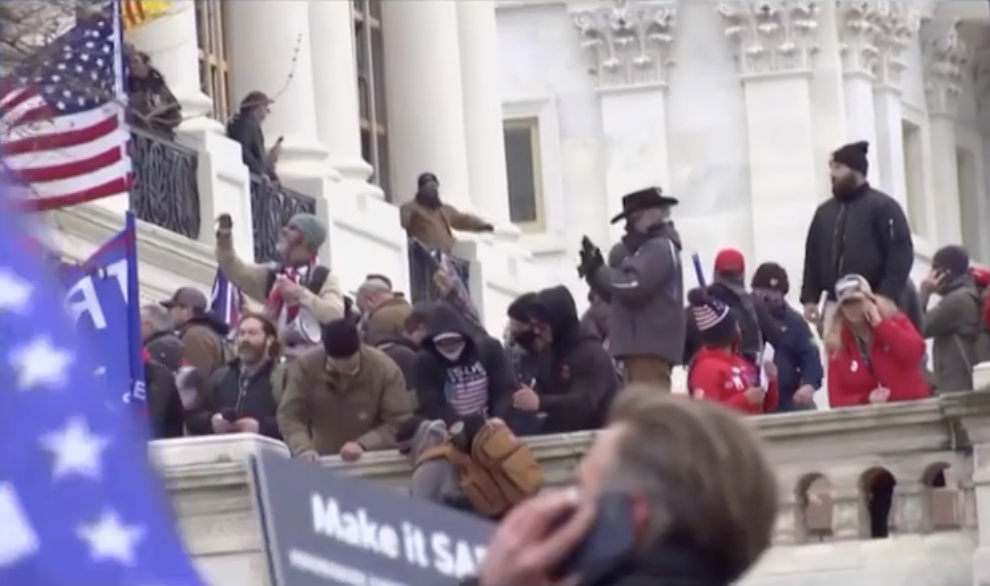The ongoing dialogue between the House Speaker Kevin McCarthy and the White House concerning the increase of the U.S. debt limit remains at a stalemate due to differing views on future expenditure. The apparent distance between the two parties suggests that an impending government default is a looming possibility with just over a week left to strike a deal.
The cornerstone of the Republican party's stance is a significant reduction in government expenditure, a condition they wish to meet in return for raising the debt limit. However, this demand is currently a non-negotiable issue for the White House. It is noteworthy that an increase in the borrowing limit does not automatically grant the power to sanction new expenditures.
As the threat of an unprecedented default on national debt becomes increasingly real, McCarthy has pointed fingers at Democrats for the delay in reaching an agreement. McCarthy, in a press conference at the Capitol, advocated for spending lesser than the previous year to resolve the issue at hand.
McCarthy has been emphasizing the significance of a budget bill, endorsed only by House Republicans earlier in April, as the sole viable solution to the debt limit crisis. He has urged critics not to hold Republicans accountable for presenting what they perceive as a reasonable bill.
The stock market reacted negatively to the current deadlock, with stock values dropping to session lows. Investors are keenly observing the situation for any hint of forward movement. McCarthy expressed optimism for possible progress, although he sidestepped questions concerning any advancements made during the previous day.
Republican negotiators, after a week of discussions outside McCarthy's office, were welcomed at the White House for further negotiations. However, the talks faced challenges, as reported by a Democratic official who wished to remain anonymous.
Outside Washington, there are growing concerns about the ability of McCarthy and President Joe Biden to reach a consensus on reducing government expenditure. The aim is to secure sufficient Republican votes to pass the bill that raises the debt limit before the fast-approaching June 1 deadline.
The Treasury Secretary, Janet Yellen, expressed concerns over the visible strain on financial markets, a consequence of the impending debt default. She emphasized that the emerging financial stress, particularly in Treasury markets, underscores the need for a prompt resolution.
Despite regular discussions led by experienced negotiators, the gap between the Republicans' demands and what the White House is willing to provide seems to be widening. For instance, Republican Representative Patrick McHenry of North Carolina made it clear that Democrats would have to compromise to win House votes.
The Republican party's strategy to push for expenditure cuts in exchange for raising the debt ceiling may strain the relationship with Democrats and make it harder to reach a compromise.
A default would severely destabilize the U.S. economy and disrupt government benefit payments, affecting millions of Americans.
Despite the imminent default deadline, McCarthy hinted that the House members might be allowed to take their Memorial Day break without reaching a deal. This possibility has been attributed to the Republicans' increasingly rigid position on the debt limit issue.
Democrats, on Wednesday, alleged that McCarthy had succumbed to pressures from the more conservative factions within his party. According to them, McCarthy has conceded to those who, despite their extensive list of demands, are unlikely to vote in favor of raising the debt limit.
One such demand list was put forward by Representative Chip Roy of Texas, a member of the ultraconservative House Freedom Caucus. The list encompassed seven conditions which were part of the debt limit bill that House Republicans had approved earlier this year. This bill, however, stands no chance of passing in the Senate, currently under Democratic control.
Roy's memo categorically stated that all the reforms incorporated in the "Limit, Save, Grow Act" were crucial and should not be abandoned merely for the sake of striking a deal. This kind of pressure from the party's more hardline members has made the path to passing a bill more challenging for McCarthy, as he needs Democratic votes to do so.
Despite the deadlock, President Biden has proposed certain compromises, a Democratic official disclosed. These compromises include freezing spending, retracting unspent funds allocated for COVID relief, and setting a two-year limit on spending.
However, McCarthy appears to have rejected these concessions. He reiterated his standpoint that no proposals would be put forward unless they involved lesser spending than the previous year.










